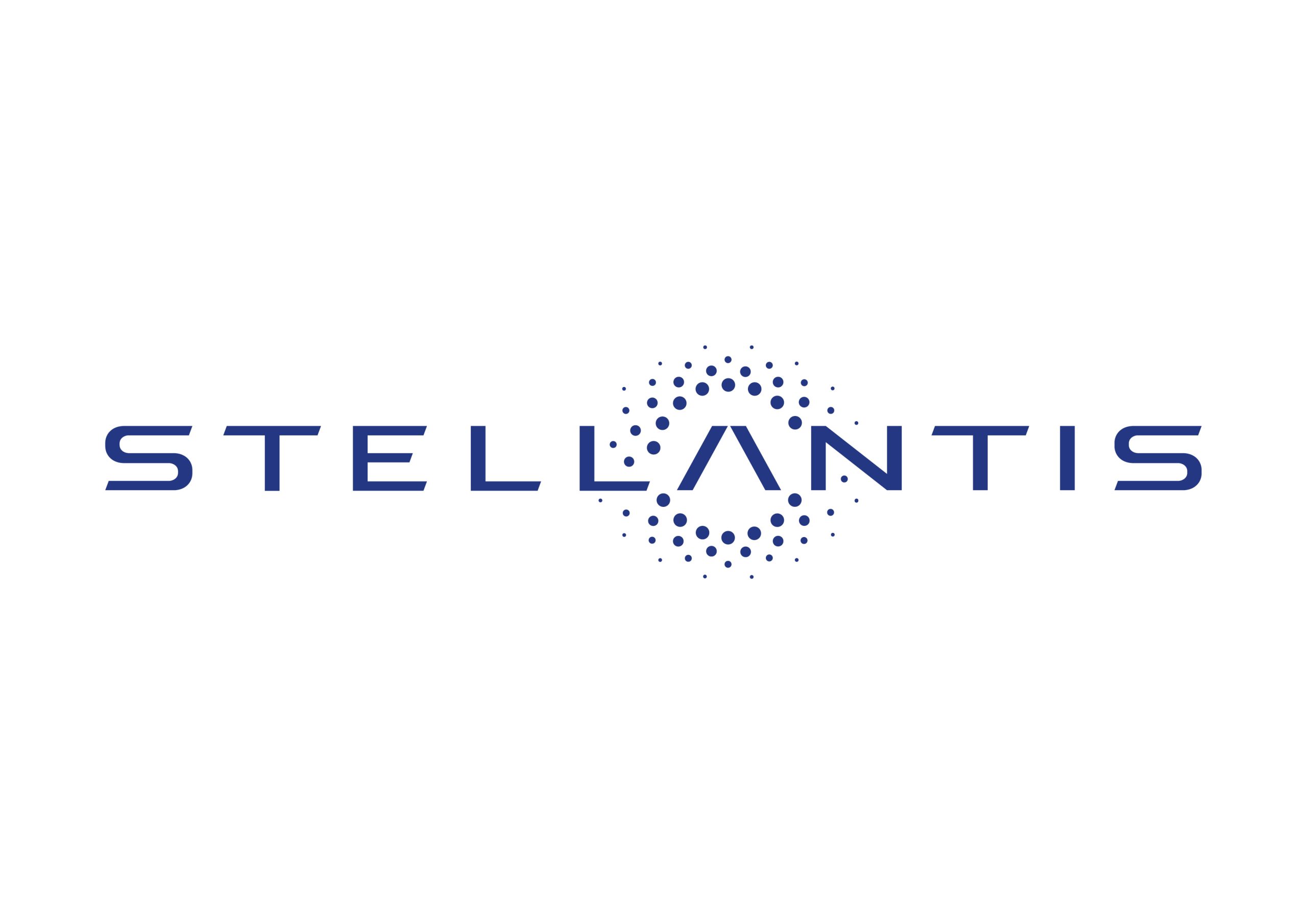Originally launched as Worldcoin by Tools for Humanity (TfH) six years ago, World Network has been a lightning rod for controversy since the start, particularly among privacy campaigners troubled by its data collection practices.
Although the rebranded digital identity project has attempted to stem the tide of opprobrium in recent years, it has not succeeded in silencing critics. And there is probably a good reason for that: World Network’s bid to authenticate human personhood by scanning irises with an orb-shaped device in return for crypto tokens is undeniably creepy.
Currently gearing up to launch in the US, yet facing a fragmented regulatory landscape, World Network’s controversial reputation has ironically amplified the message of digital identity competitors emerging in the world of Web3…
A Troubled Track Record on Privacy
World Network’s model hinges on collecting biometric data – specifically iris scans – to verify users’ identity. Yet setting aside criticism from privacy hardliners for a moment, the company co-founded by OpenAI’s Sam Altman has continually bumped heads with regulators around the globe.
Just this month, the Kenyan High Court ordered the project to delete biometric data collected from over 300,000 citizens, ruling that it violated the country’s Data Protection Act by failing to obtain valid consent and conduct a proper Data Protection Impact Assessment (DPIA). According to the ruling, World Network obtained consent from individuals “through inducement,” and transferred their data without legal safeguards.
Similar regulatory hurdles have been thrown up in territories like Hong Kong, Portugal, Spain, Brazil, Germany, Colombia, and Argentina. Despite this, World Network is pressing ahead with a long-anticipated US launch, contending with a complex regulatory environment where biometric data laws vary by state.
The prospect of these laws landing World Network in hot water is very real. For evidence, see Google’s recent $1.375 billion settlement with the state of Texas over biometric and data privacy violations. With scrutiny likely to be at an all-time high, the Network would be foolish to play fast and loose with user data as it attempts to win hearts and minds Stateside.
Privacy campaigners have long argued that World Network’s model results in data honeypots, making it a prime target for breaches and misuse – a concern amplified by TfH’s past disregard for regulatory orders, such as in Kenya where it continued data collection in violation of a clear suspension.
A recent article published on privacyguides.org summarizes most of the long-held complaints against World Network, noting “When the World project claims it is secure because biometric data isn’t stored anywhere, even if that was true, the iris code derivative of this data is indeed stored and processed somewhere, and this can potentially be stolen.”
The writer goes on to wonder, “How hard will it be for a victim to recover an account from a biometric thief when everything is reinforcing the false narrative shared with investors that this technology can’t be cheated?”
Web3’s Privacy-First Identity Alternatives
Unsurprisingly, the industry that brought us immutable blockchain ledgers, privacy coins, and digital wallets accessed via mnemonic keys is advancing alternatives to World Network. One notable example is Holonym, a zero-knowledge privacy protocol committed to building a framework for digital rights to privacy, security, and data ownership.
Holonym’s privacy-first approach is one World Network would do well to emulate. Not only does it not collect any biometric data, it doesn’t store any personal information whatsoever: its tech stack prioritizes privacy as a core design principle rather than an afterthought. That stack includes Human ID, which can be used to prove your personhood without exposing your identity, and Human Wallet, a one-click sign-on wallet offering hardware-tier security.
Potential use-cases include websites leveraging Human ID to verify identities without storing sensitive data, and governments replacing passports to reduce the risk of data breaches.
In addition to Human ID and Human Wallet, Holonym’s decentralized Human Network enables private key derivation from familiar attributes like biometrics, social accounts, and security questions.
Holonym capably demonstrates how to balance regulatory compliance with user privacy too, using what it calls a “proof of clean hands” mechanism. With this model, Holonym assigns a soul-bound token (SBT) to those who pass sanctions and PEP list checks, encrypting their data so only a small portion can be decrypted daily under strict smart contract conditions. In effect, this allows law enforcement access without creating a centralized data honeypot, proving privacy and compliance can coexist without trade-offs.
Privacy is a Right, Not a Privilege
Collecting biometric data at scale is a risky gambit given the threat of it falling into the wrong hands. Yet World Network appears undaunted by the pushback it has faced. Either they are adamant the risk is zero or they are taking chances with the data in their possession.
In any case, the emergence of decentralized alternatives shows us that there are many different approaches when it comes to securing digital identity and rights, and not all of them involve scanning eyeballs.
Don’t forget to like and share the story!










